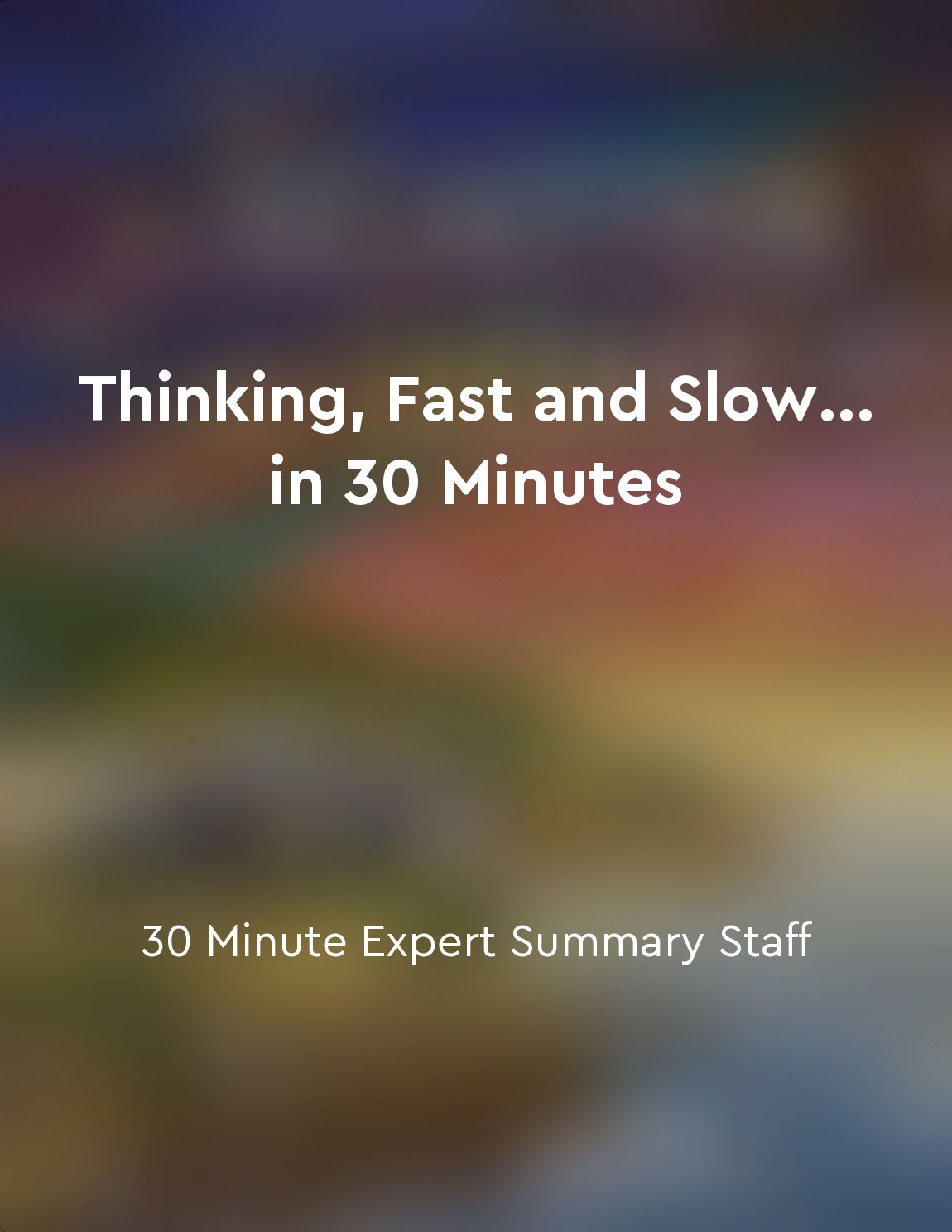Representativeness heuristic leads to stereotypes from "summary" of Thinking, Fast and Slow... in 30 Minutes by 30 Minute Expert Summary Staff
The representativeness heuristic is a mental shortcut that people use to make judgments about the likelihood of an event happening based on how closely it resembles a typical example. This heuristic often leads to stereotypes because it causes individuals to rely on generalizations and assumptions rather than considering all available information. For example, if someone sees a person who fits a certain stereotype, they may automatically assume that the person possesses all the characteristics associated with that stereotype. Stereotypes are harmful because they can lead to unfair judgments and treatment of people based on superficial characteristics. This can result in discrimination and prejudice, which can have serious consequences for individuals and society as a whole. The representativeness heuristic reinforces stereotypes by encouraging people to make quick, snap judgments about others without taking the time to gather more accurate and relevant information. In order to overcome the representativeness heuristic and avoid falling into the trap of stereotypes, it is important to slow down and think more carefully about the information available. By taking the time to consider all relevant data and not relying solely on superficial similarities, individuals can make more accurate and fair judgments about others. It is also important to be aware of the influence of stereotypes and actively work to challenge and change these ingrained beliefs.- The representativeness heuristic can be a useful mental shortcut in some situations, but it can also lead to harmful stereotypes when used inappropriately. By being mindful of the tendency to rely on stereotypes and taking the time to gather more comprehensive information, individuals can make more informed and fair judgments about others.
Similar Posts
We are more likely to help others when we feel a connection to them
The human heart is a complex organ, capable of both great love and great indifference. When it comes to helping others, our con...
Cognitive development varies between boys and girls
Cognitive development in children is a complex and multifaceted process that involves the growth and maturation of various ment...
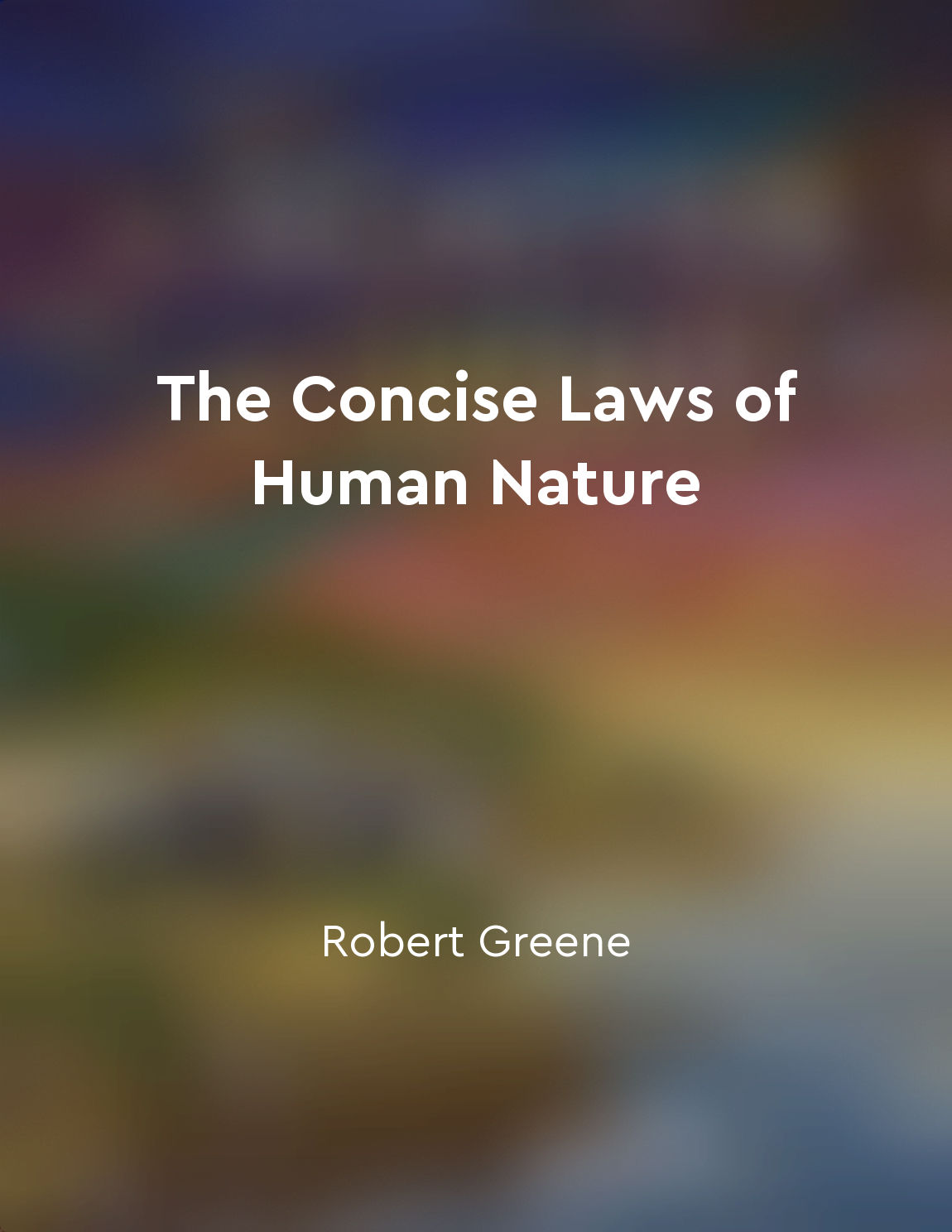
Human nature is driven by a complex interplay of desires and fears
Human nature is a complex tapestry of desires and fears that constantly influence our thoughts, emotions, and actions. These de...
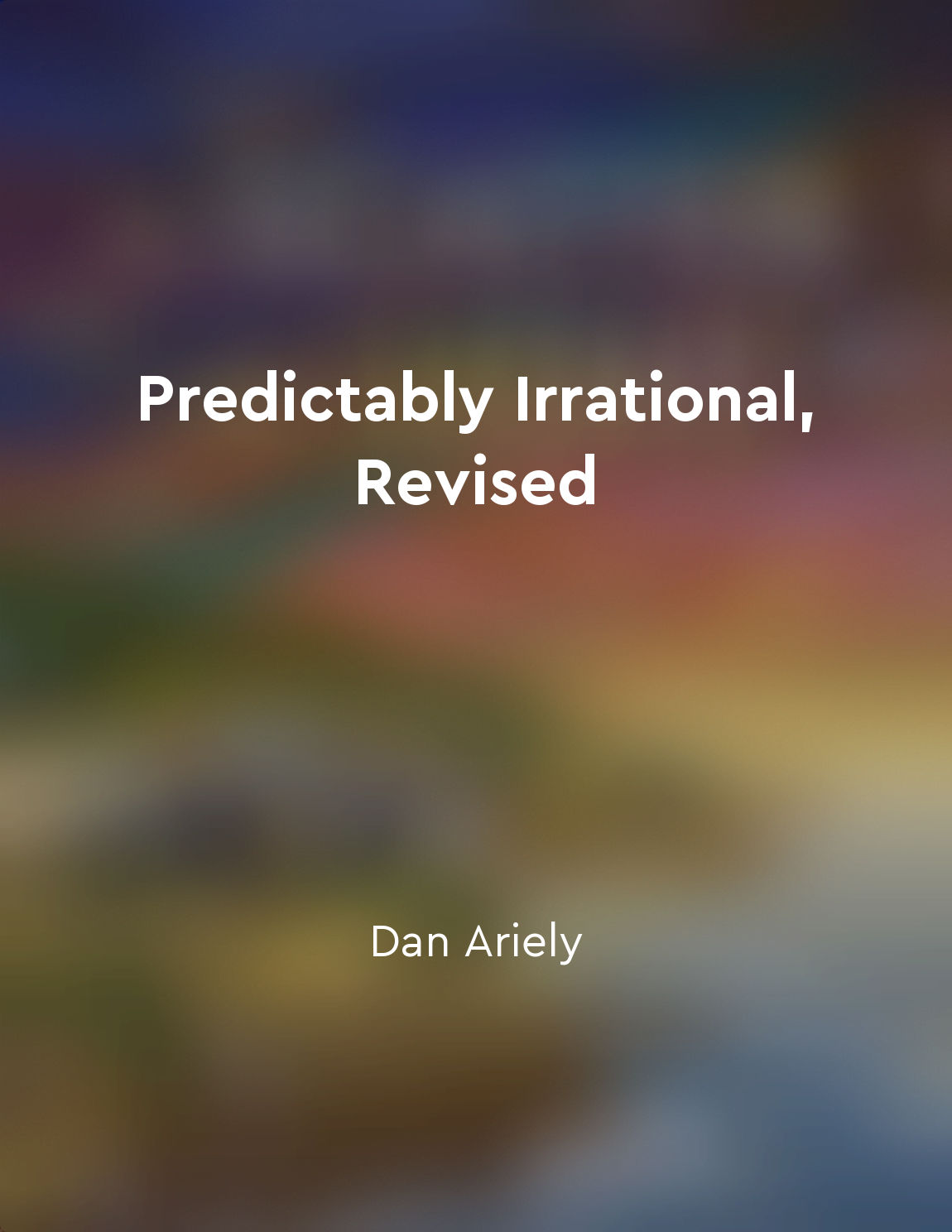
Our decisions are influenced by relativity
The concept of how our decisions are influenced by relativity is a fascinating one. It suggests that our judgments are not made...
Interpersonal attraction involves feelings of liking or loving towards another person
Interpersonal attraction is a powerful force that can shape our relationships with others. It involves feelings of liking or lo...
Mirrors create connections between us
Mirrors reflect our image back to us, but they also reflect something deeper. They reveal not only our physical appearance but ...
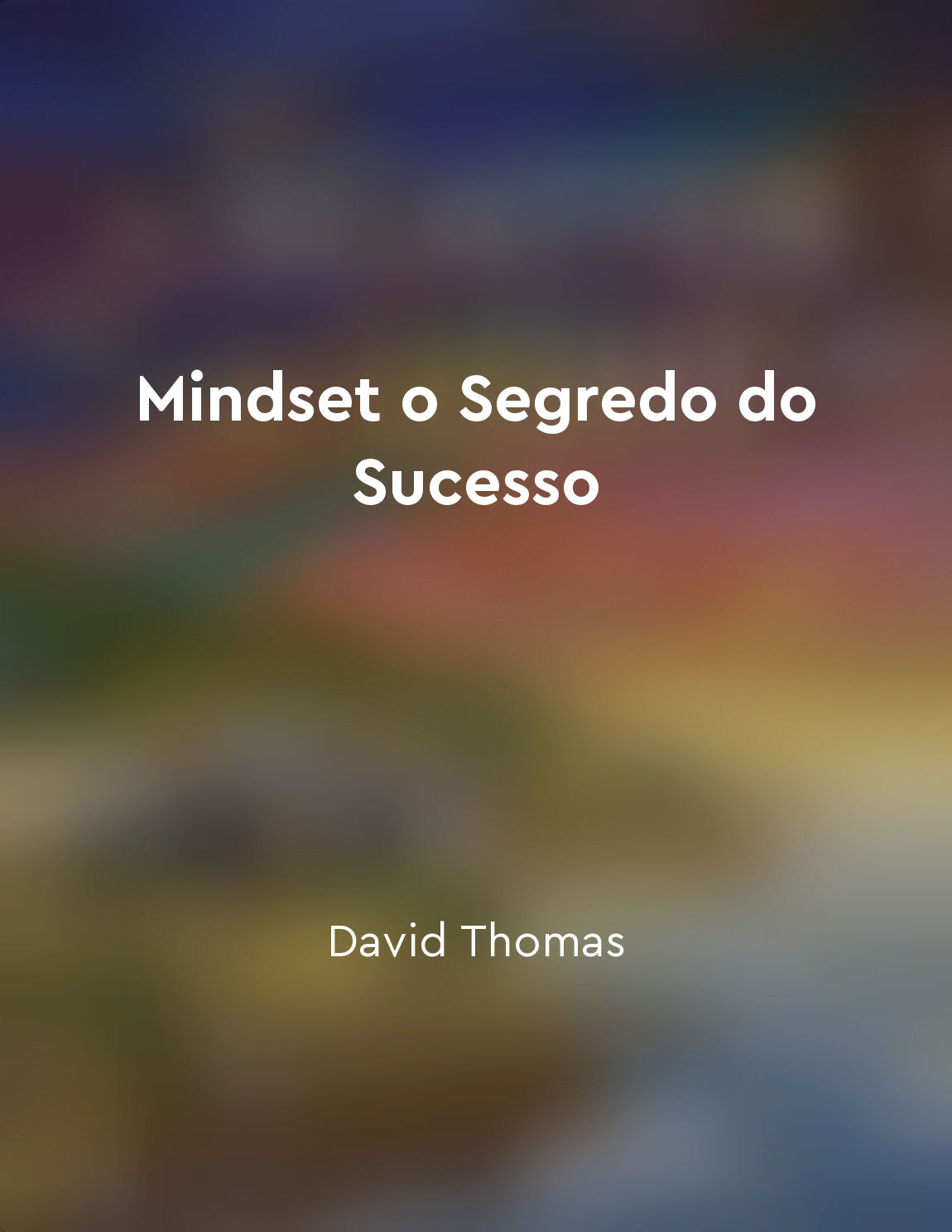
View criticism as constructive feedback for improvement
Criticism is often seen as a negative thing, something to be avoided or ignored. However, when we shift our mindset and start t...
Creating shared goals can strengthen relationships
Creating shared goals is an essential component of maintaining a strong and healthy relationship. When two individuals come tog...
Emotions can cloud financial judgment
When it comes to making financial decisions, emotions can often get in the way of sound judgment. People tend to let their feel...
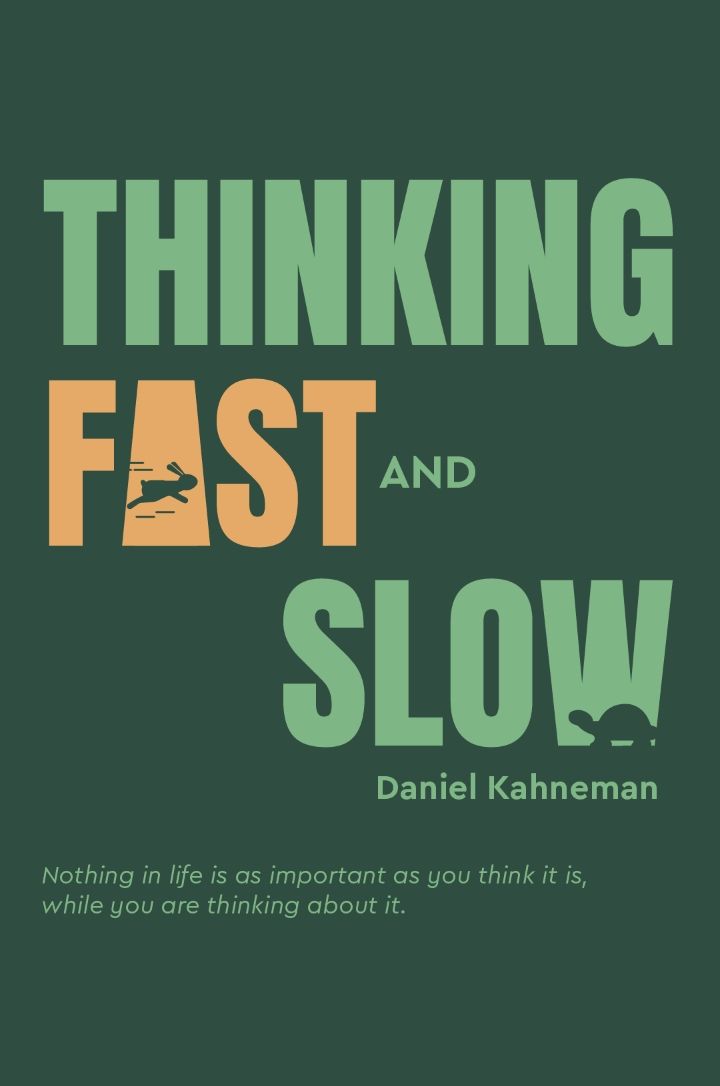
Sunkcost fallacy clouds rational decision-making
The sunk cost fallacy is a common cognitive bias that can have a significant impact on decision-making. This fallacy occurs whe...


